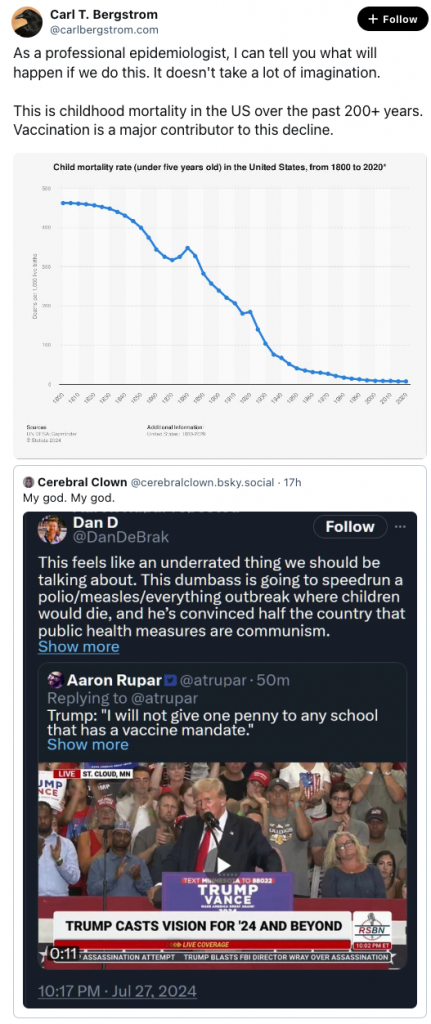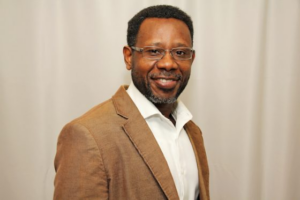Since Biden no longer is campaigning for office, and has about 6 months left in his term, one might wonder what he will do in his remaining time. This actually ought to be normal — it’s weird that the leader of our country typically seems to spend about two years out of four focused on re-election, rather than doing their job. At least we can say that Biden is going out with an ambitious goal.
President Biden endorsed sweeping changes to the Supreme Court on Monday, calling for 18-year term limits for the justices and a binding, enforceable ethics code for the high court.
He is also pushing for a constitutional amendment that would prohibit blanket immunity for presidents, a rebuke of the Supreme Court after it ruled this month that former president Donald Trump is immune from prosecution for official acts.
I approve, although I might favor even shorter term limits. These are essential changes, because the judiciary is totally broken right now (I’d argue that the electoral college is even more broken, and that the Senate is an archaic relic, but let’s fix one thing at a time.) However, let’s get real: Joe Biden is not going to achieve his goals.
The calls, however, are largely aspirational at this stage given the long odds they face in implementation. Term limits and an ethics code are subject to congressional approval, and the Republican-controlled House is unlikely to support either. Both proposals also require 60 votes to pass the Senate, and Democrats only hold 51 seats in the upper chamber. Passing a constitutional amendment requires clearing even more hurdles, including two-thirds support of both chambers, or via a convention of two-thirds of the states, and then approval by three-fourths of state legislatures.
But that’s OK. Maybe the old man will prepare the way, get everyone used to the idea that the Supreme Court is not inviolable, and maybe scare a few justices into cleaning up their act.










